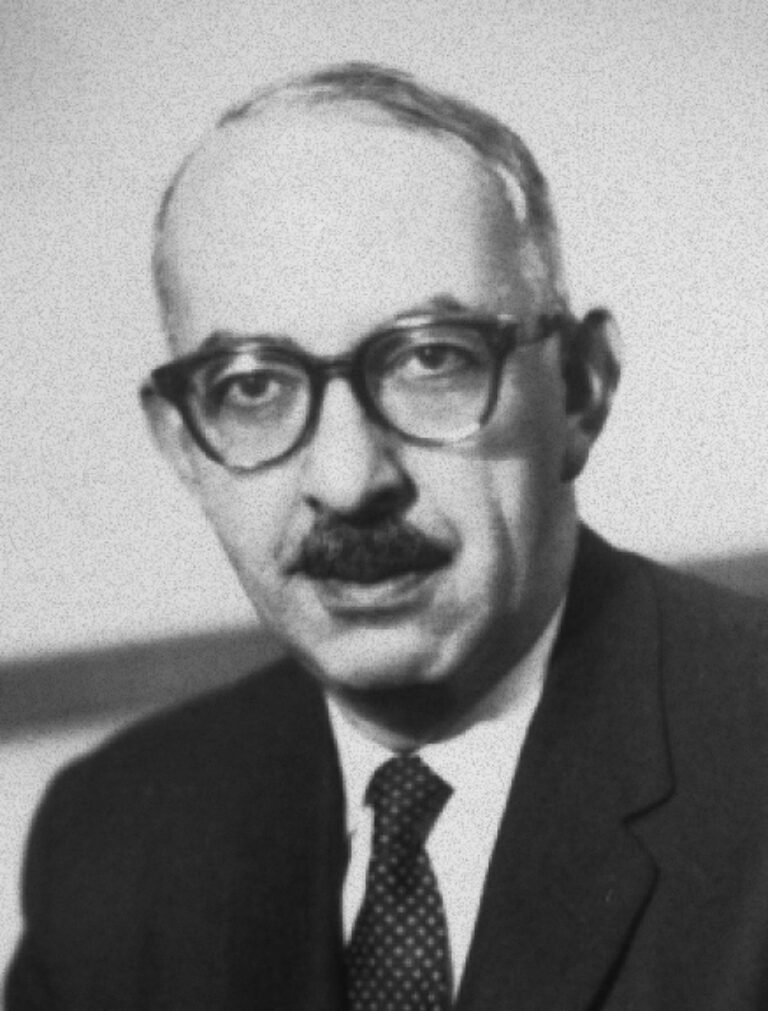Born in Frankfurt am Main, he grew up in Gelsenkirchen and completed his high school education in Frankfurt. He studied philosophy and “Oriental” languages at the University of Berlin and earned his doctorate in 1923.
In parallel, Bamberger worked at the Higher Institute for Jewish Studies, where he also served as an assistant to the librarian Jenny Wilde. During this time, he was involved in the project to publish a memorial edition of Moses Mendelssohn’s collected works, which were released volume by volume starting in 1929. After the Nazis took power in Germany, he directed the Jewish Teacher Training Institute from 1934 to 1938 and organised Jewish schooling in Berlin.
In 1939, Bamberger emigrated to the United States, where he initially taught at the College of Jewish Studies and the University of Chicago. From 1942 to 1961, he worked for Esquire, Inc., initially as editor-in-chief of Coronet magazine and later as executive director of Esquire magazine.
Bamberger returned to academia in 1962 and became a professor of intellectual history at Hebrew Union College in New York. He also served as vice president of both the Leo Baeck Institute in New York and the North American Board of the World Union for Progressive Judaism. In Berlin, Fritz Bamberger had already been recognised as an avid book enthusiast. Following his emigration, he established the Society of Jewish Bibliophiles. Bamberger’s collection of books by and about Spinoza was considered among the best in the world. Fritz Bamberger died on 21 September 1984, in New York City.
